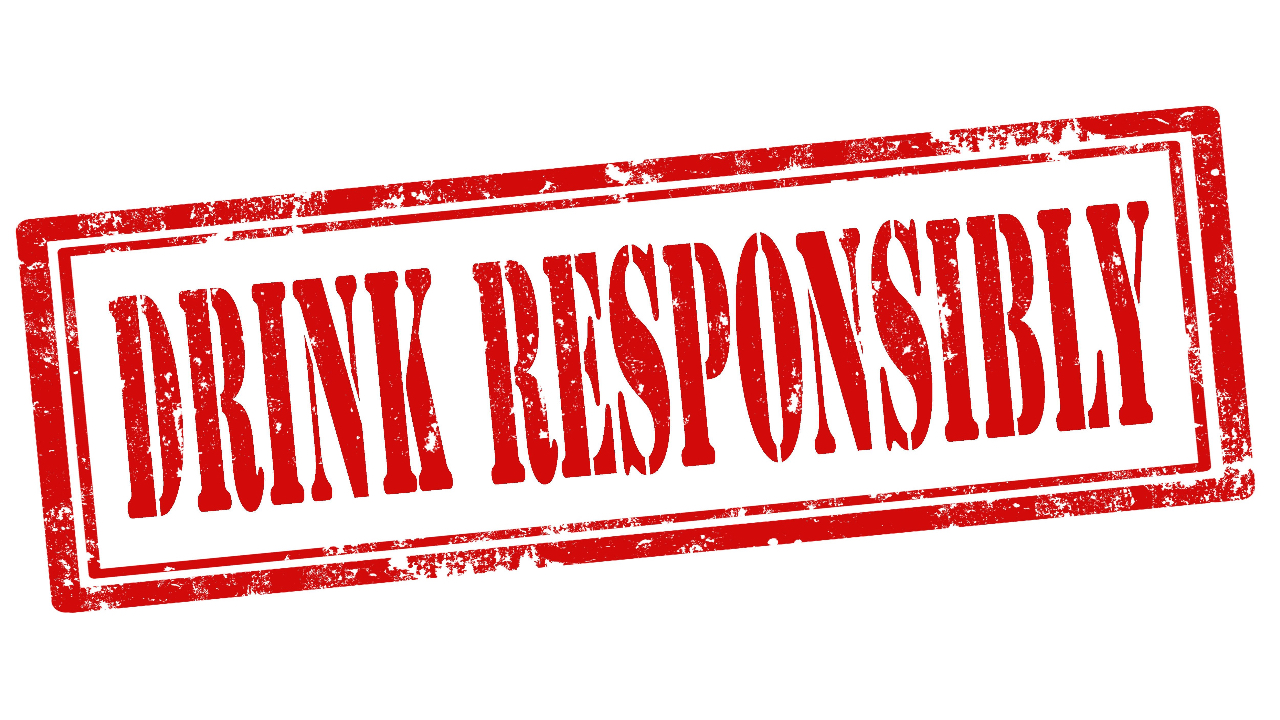Enjoy alcohol responsibly (& other useless advice)
Mar 30, 2023
Have you ever noticed the advice on booze bottles to ‘enjoy alcohol in moderation’ or ‘enjoy responsibly’? Enjoy? Well, that is an unhelpful choice of verb! In what universe is it helpful to remind the addict that they enjoy this stuff?
I really object to the moralizing tone in the use of the word ‘responsible’.
It points to deficiencies in the drinker as the cause of any health or social problems associated with drinking, when the reality is that the problem is with the risks inherent in the product itself.
In my opinion, putting messages like these on a bottle or the bottom of an ad reveals a very poor understanding of the nature of addiction – don’t you think we would drink responsibly if we could?? It’s like those gambling ads when they say ‘when the fun stops, stop’. Just makes we want to scream ‘you just don’t get it do you?’ Dependence and addiction are not fun, they’re not enjoyable – and I get really cross about manufacturers of addictive products being allowed to imply that using said products leads to fun and enjoyment.
The fact of the matter is that when we are addicted to something (alcohol, nicotine, gambling), we generally know, cognitively, that it isn’t doing us any good. But that doesn’t mean that we can ignore the subconscious desire to indulge. We can’t. If we could, we wouldn’t be addicted.
But at least the advice is there. It isn't obligatory.
UK legislation on alcohol labelling is actually minimal
The only piece of information which alcohol manufacturers are legally obliged to include on labels in the UK is the alcohol percentage by volume and the country of origin and the volume. They are not legally required to include any of the following:
- Ingredients
- Nutritional information (including calories)
- Number of units
- Information about the low-risk drinking guidelines of 14 units a week
- Warnings against drinking during pregnancy and drink-driving
- Information about how alcohol can damage one’s health, eg: how it increases the risk of several forms of cancer, liver disease and stroke
It seems to me that when compared to food, alcohol manufacturers are getting something of a free pass.
The Portman Group describes itself as the “social responsibility body and regulator for alcohol labelling, packaging and promotion in the UK”. It is effectively the alcohol industry policing itself, but they do have a Code of Practice with complaints investigated by an independent panel.
Portman’s CEO, Matt Lambert describes the code this way:
“Essentially, when you boil the Code right down, it is 12 pieces of advice on good practice, which I regard as common sense. They include things like avoiding appealing to under-18s, avoiding causing widespread offence, making clear your product is alcoholic, trying to avoid encouraging immoderate consumption, or giving the impression that consuming your product will lead to sexual or social success and avoiding implying your product has therapeutic or other health benefits”
The Code is good, and I am glad it is there, but it is a Code of Practice and not the law - designed, a cynic might say, to keep the industry from too much scrutiny.
Whilst the Portman Group advise their members to include the Chief Medical Officer’s advice on so-called safe levels of drinking, and the number of units contained in a bottle or can, this is not within the code of practice, and not all manufacturers follow this advice. And of course, it is the most irresponsible ones who do the bare minimum.
In my view, Government could and should be doing much more.
I support the Alcohol Charter and its proposal to develop statutory minimum requirements for labelling alcohol products. This should include health warnings. And those health warnings should focus as much on the immediate risks as on the longer term ones, important though they are. In South Africa, they run a public health warning "don't drink and walk on the road, you may be killed" - that is pretty immediate. And research showed that teenagers were more likely to take notice of ads that told them that people wouldn’t want to snog them if they’d been smoking than they were ads that warned of the risk of developing serious health problems in later life if they smoked. Small but imminent dangers are more scary than serious ones way in the future, whatever age we are.
How long will it take for the legislation around alcohol to catch up with tobacco?
In 2002, 26% of the UK population smoked. That year saw the introduction of the ban on advertising tobacco which led to a decline in the number of smokers, as well as lower awareness of tobacco marketing amongst young people. By 2006, when the the ban on smoking in enclosed public spaces was introduced, the proportion of smokers had already dropped to 22%. It has almost halved since then, down to 13% in 2022 and according to the British Heart Foundation, ‘the ban is part of a trend towards policies that denormalise smoking. It helped to create a shift in culture’.
I look forward to the day when we see such a shift in culture when it comes to alcohol, when we can ‘denormalise’ drinking.
We have a long way to go.
BOOK A FREE DISCOVERY CALL
If you have got this far, chances are that you are concerned that you may have a problem with alcohol. Let's talk - you have absolutely nothing to lose and so much to gain!
We hate SPAM. We will never sell your information, for any reason.

